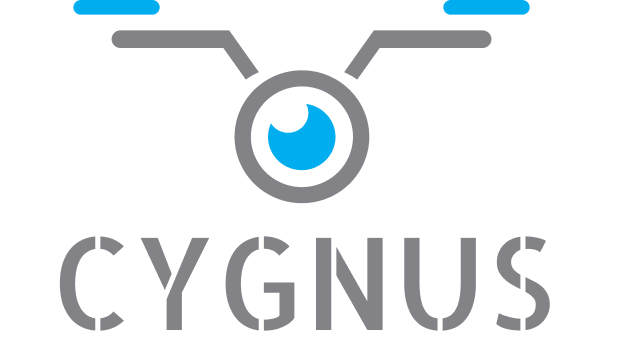
UBITECH hosts the virtual kick-off meeting of the CYGNUS Cypriot research project, officially started on June 1st, 2023. The project is co-funded by the “DUAL USE” action of the multi-annual development framework of Programmes RESTART for the support of Research, Technological Development and Innovation in Cyprus (Grant Agreement No. DUAL USE/0922/0024) and spans on the period June 2023 – May 2025. The CYGNUS project aims to deliver a dual use self-managing software platform targeting various civilian applications and usage scenarios under the frame of advanced areas’, citizens’ and neighbourhoods’ surveillance by using UAVs with high-precision detection modules for object(s), person(s) or vehicle(s) with georeferencing capabilities. CYGNUS will follow a product-oriented methodology (M) for realizing a self-managing software platform putting the human-in-the-loop of the decision-making process and supporting the entire Big Data and Causal Intelligence lifecycle from the IoT / Edge to the Centralized Computing.
UBITECH, in close collaboration with Istognosis and ACCELIGENCE, will address all the current shortcomings and identified challenges of AI systems in civilian applications, including the: (i) lack of transparency, interpretability and justified decisions; (ii) decreased robustness which further opens up the vulnerabilities front to malicious data (i.e., data persistence) and models (i.e., defence evasion) manipulation; (iii) complexity (i.e., different data formats, such as time series, text, images, and videos, structured with schemas or unstructured in raw schema-less form), multi-modal and distributed nature of IoT data acquisition, alignment, cleaning and aggregation, (iv) lack of parallelized, distributed, edge or cloud functionalities to analyse by using AI / ML models large amounts of data where they are generated and placed, and (v) lack of high probability true positive results from AI models, where the human operators cannot discriminate between the correctly detected objects, anomalies and patterns with the false positive predictions – towards the realisation of the self-managing CYGNUS Platform putting the human-in-the-loop in a causal decision-making process.
The aforementioned CYGNUS Platform comprises of four layers that are responsible for the provision of its tools and services at the edge and cloud targeting the big data and AI lifecycle in civilian applications. More specifically, these layers include the Data Collection and Processing; and the Data Storage and Analysis by the Big Data Workbench which operates in an edge-to-cloud synergetic mode, the reusable library containing extended / enhanced algorithms and containerised binaries for Adversarial Robustness, Federated Learning with Confidence Score and XAI with Probability Score in the support of Accelerated AI Automation and the KPIs, M/O Optimisation Solver, as well as the Self-Explainable Visualisation Dashboard in the support of Human-in-the-Loop and Advanced Situational Awareness.
The Big Data Workbench is based on a microservices oriented architecture and is responsible for authoring, configuring and deploying in edge-to-cloud execution contexts Big Data and AI Pipelines. It will orchestrate all the data operations (i.e., from collection to analysis) by means of a Directed Acyclic Graph (DAG), where the nodes represent the required data processing, querying and analysis task, and the edges represent the manner they interact. This approach enables in a modular way the onboarding of new algorithms or the reutilisation of existing algorithms from the Accelerated AI Automation.



